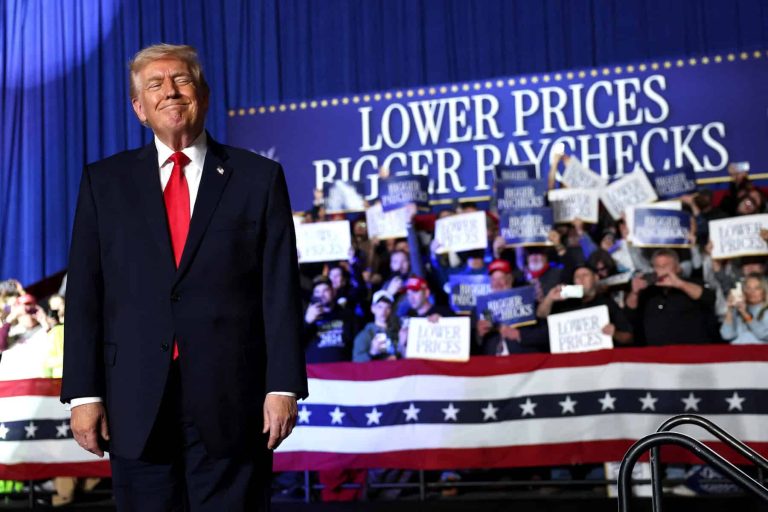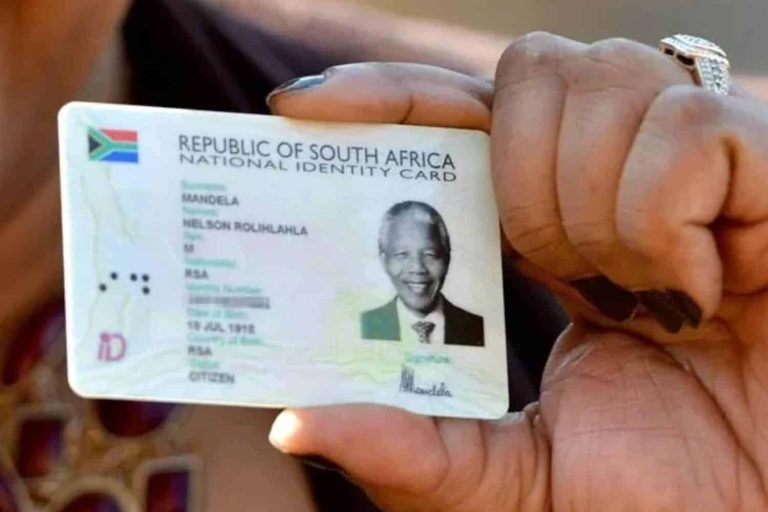The Nigerian Civil Aviation Authority (NCAA) has imposed a ₦5 million fine on Qatar Airways over multiple consumer protection infractions.
The sanction was announced on Wednesday by the NCAA’s Director of Public Affairs & Consumer Protection, Michael Achimugu, in a post on X.
“Glad to announce that the NCAA has sanctioned @qatarairways to the tune of five million naira for consumer protection-related infractions. Additional letters of investigation issued to the airline may also result in further sanctions if not satisfactorily addressed,” Achimugu wrote.
Incident Involving Nigerian Passenger Triggered Investigation
The penalty followed a controversial incident in which a Nigerian passenger was accused of sexual harassment by a Qatar Airways cabin crew member during boarding in Lagos for a connecting flight to the United States via Doha.
The allegation—not reported until the aircraft landed in Doha—led to the passenger’s arrest, an 18-hour detention, a fine, and the signing of documents written exclusively in Arabic.
Qatar Airways reportedly refused to allow the passenger to continue his journey, forcing him to purchase a new ticket at significant financial and reputational cost.
Airline Faulted for Ignoring NCAA Summons
According to Achimugu, the NCAA invited Qatar Airways’ country manager for a meeting over the incident, but he failed to attend, sending junior staff members in his place—an act the regulator deemed unacceptable.
He emphasized that Nigeria’s consumer protection framework is robust and will be strictly enforced:
“Some countries lack advanced aviation consumer protection laws, creating situations where airlines—especially national carriers—act with disdain in Nigeria,” he wrote.
“It is against the law for any airline to ignore the NCAA, to provide false information, or to violate Part 19 of the NCAA Regulations 2023.”
Pattern of Non-Compliance
The NCAA had previously, in September, accused Qatar Airways of mistreating Nigerian passengers and repeatedly failing to comply with its consumer protection rules.
The regulator warned then that continued violations would attract severe penalties—a threat now being enforced.



